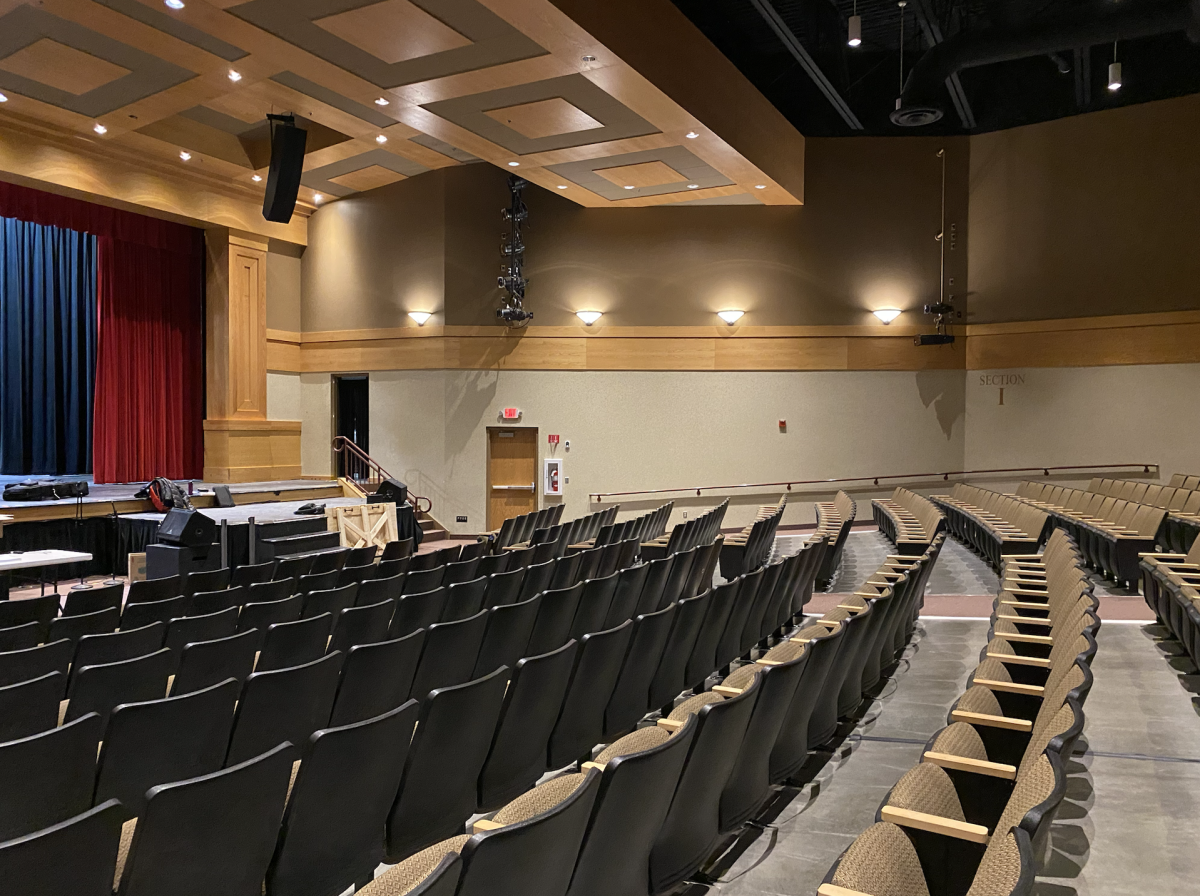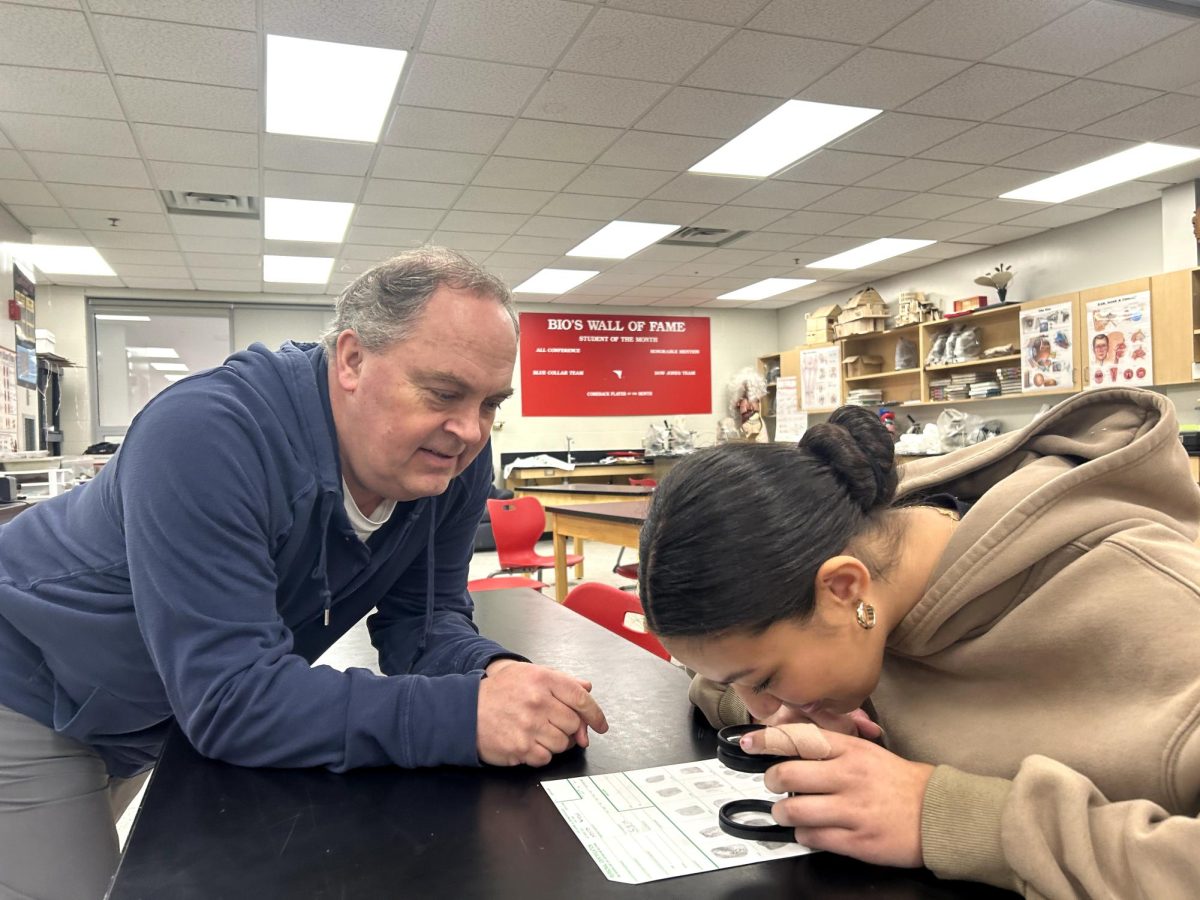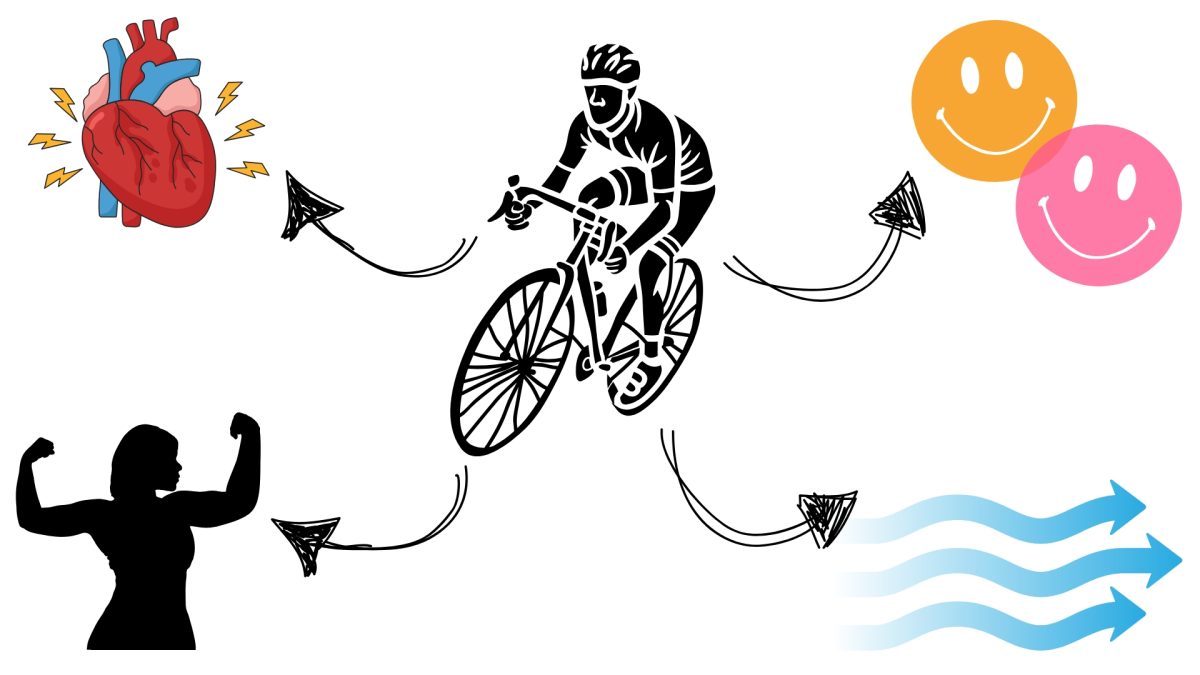Life, Liberty, and Minor Complaints: Foreign Aid
Foreign aid, while generous, actually inhibits growth in developing nations.
The global foreign aid system is largely founded on the good intentions of many affluent people in developed nations who seek to end poverty in nations that struggle to develop.
The problem is that we spend billions of dollars per year attempting to alleviate the struggles of those in developing nations, yet the countries continually receiving aid fail to develop economically. The cause of this isn’t that aid is pointless or that people in underdeveloped countries are lazy; the cause lies in the method on which the entire foreign aid system is based. The ways in which we give to other countries through both aid and donations, while good-intentioned, end up hindering economic growth and don’t address the issues that fuel the cycle of poverty.
This problem, known as paternalism, exists when wealthy nations impose inefficient policies onto people without concern for what they actually want or need. Paternalism also takes the most extreme cases of poverty and makes it look like that’s how everyone lives in developing nations. For example, many advertisements paint the entire continent of Africa to be one giant, poor desert filled with elephants and starving children. However, Africa is a massive continent filled with incredible diversity and is so rich in natural resources that Europeans used to kill each other over who got to control it. When we forget that most impoverished people already have shoes and clothing, we do everyone a disservice because we give something that isn’t necessarily needed or wanted.
A prime example of this is when the United States sent rice to Haiti in the 1990s in an effort to aid their struggling farmers. The problem with this is that the rice we sent was subsidized and produced by large industrial machines, so Haitian farmers couldn’t compete with it. The United States’ aid actually ended up hurting the Haitian economy and put domestic farmers out of business. This topic was explored in a 2014 documentary, Poverty Inc., and what it found was that many corporations in wealthy nations lobby their governments to give them protection from companies in foreign countries; this results in tariffs and import duties. After that, the government subsidizes those corporations which enables them to produce more and more until they have a surplus. These surpluses then get dumped into poor countries and destroy their local food-producing businesses, which decreases competition and damages developing economies. When the local markets are saturated with foreign aid, it becomes impossible for a local entrepreneur to establish a business because there is no market to work with; this effect hinders the growth of the entire country as anyone looking to start a business is faced with the same barriers.
Additionally, foreign aid isn’t the only problem; the ways in which we donate can hurt developing economies as well. A study by Garth Frazer of the Economic Journal showed that in an average African country, 40% of the decline in textile production can be attributed to foreign clothing donations. This fills up those economies with charities and non-governmental organizations (NGOs) as opposed to local entrepreneurs who can create jobs and a competitive marketplace. Humanitarian aid is by no means a bad thing; when there is an international crisis or a natural disaster, it is imperative to get people the things they need to survive. However, when aid becomes a way of life for developing nations, it becomes a detriment to the economy. What has happened with the foreign aid system is that disaster relief has become the permanent model for how we distribute aid, and it is impossible for an economy to develop that way.
The problem is that the entire industry that focuses itself on solving poverty is able to profit off of what they do without actually helping anybody to escape poverty. They come into poor countries with the intention of helping, but at the end of the day, they end up overpowering the government and creating a system that doesn’t benefit the impoverished people of that particular country. So then why don’t those companies change their way of business in favor of a model that promotes independence, freedom, and economic mobility? These companies profit off of the way in which the system is currently being run, and there is no incentive for them to fundamentally change their business models because governments and the uninformed public keep throwing money at them. For example, in the past four years, the top ten companies receiving subsidies from USAID have received $5.8 billion in contracts, but only 40% of that money actually went to the food. We must keep in mind that many of these corporations are still for-profit entities, and much of the foreign aid money ends up going back to the corporation and its shareholders. No country has ever developed because of foreign aid. Countries develop because of things like trade, innovation, industry, and property rights. With the amount of aid that infiltrates poor countries, it is impossible for the people of those countries to develop their economies independently. As much as we all want to end poverty, simply giving things to underdeveloped economies does nothing to help their growth.
Paul Kagame, president of Rwanda, said, “The best way to help is to help people start on their own.” People in poverty are not in poverty because they choose to be; they are in poverty because they lack the social freedoms that many affluent people take for granted.
They lack things like safety, justice in courts, a voice in government, affordable education, rights to own land, freedom to own a business, and freedom to trade. In order to combat global poverty, we must promote independence, freedom, and education throughout developing economies rather than fostering an economic climate which is founded on dependence and lack of opportunity.




































![Teacher Lore: Mr. Hillman [Podcast]](https://bsmknighterrant.org/wp-content/uploads/2025/03/teacherlorelogo-1200x685.png)





Beverly Ferguson • May 10, 2017 at 9:24 am
You make some excellent points in your article. I was glad to see you made a distinction between on going aid and the aid needed to keep people alive when there is a natural disaster or famine or war. Years ago when I visited Women’s Cooperatives in Kenya I saw how successful these groups were when it was an NGO helping them that worked on the Christian principle “………teach them to fish………..” I also heard many stories on how millions of dollars in aid went to the wrong people and accomplished nothing in the long term.
As a retired teacher I am also pleased to see a young person writing so well on such an important topic.